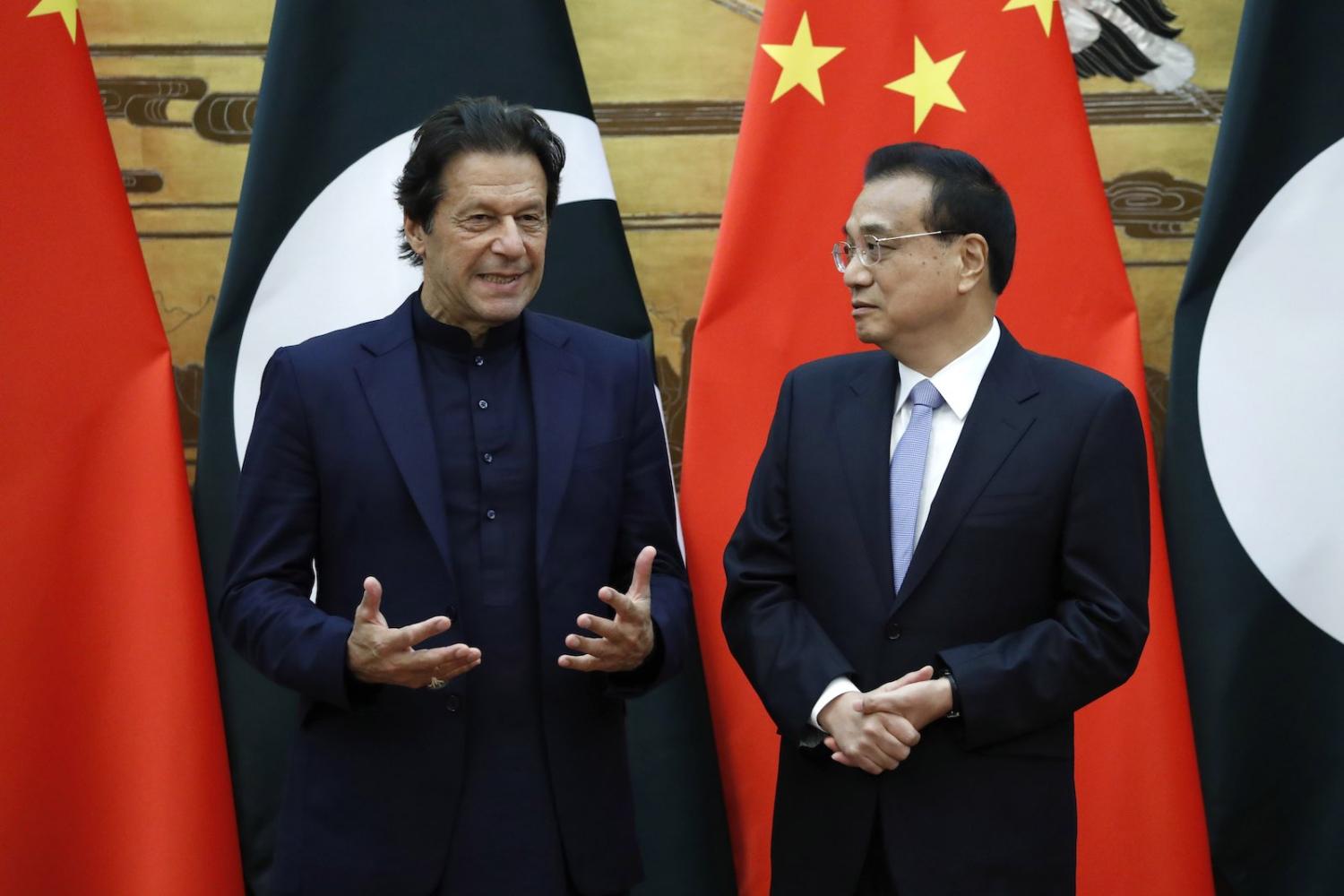Pakistan has become the second South Asian nation after India to ban Chinese video-sharing app TikTok.
The Pakistan Telecommunication Authority on 9 October banned TikTok in the country after ByteDance, the Chinese tech giant that owns TikTok, failed to “put in place effective mechanism to control obscenity, vulgarity, and immorality through its social media application”, despite a final warning issued by the official regulatory body in July.
The question now is whether Islamabad’s decision to ban TikTok will have an impact on the China-Pakistan friendship, particularly at a time when India, Pakistan's arch foe, has already shut the app down amid rising tensions on China-India border in the Himalaya? India banned TikTok in June on the pretext of data-privacy concerns, calling it a threat to national security. Certainly, whatever Islamabad’s reason to ban TikTok, the timing for such a decision is hardly favourable to strengthening the China-Pakistan strategic partnership and their convergence of interests, particularly in countering India.
It is not the indecency or vulgarity alone that is the major reason behind the government’s move to ban the app, but the accusation of blasphemous content.
TikTok is highly popular among young Pakistanis, who post their short videos and earn money for creating content. TikTok was the third most downloaded app (after WhatsApp and Facebook) over the last one year in Pakistan, reporting 20 million monthly active users in the country. Activists have criticised the government for denying people’s right to express themselves, carried out in the name of a campaign against vulgarity. On the orders of Prime Minister Imran Khan, the country's telecoms authorities have already banned five dating apps, including Tinder and Grindr, in a move to block what it calls vulgar content.
Khan has been at the forefront of the movement to ban TikTok for promoting indecency and harming social values. It’s part of Khan’s vision to rebuild Pakistan on the “model state of Medinah” established by the prophet of Islam 1400 years ago. How can Khan tolerate such technology damaging Islamic values in a country founded with its religious identity at its core?
It is not the indecency or vulgarity alone that is the major reason behind the government’s move to ban the app, but the accusation of blasphemous content. Blasphemy is a hugely sensitive subject in the country, where 97% of the population is Muslim and a blasphemy accusation, regardless if false or unproven, runs the very real risk of deadly assault at the hands of a frenzied mob. Under the state’s blasphemy laws, desecrating the Holy Quran or defaming the prophet of Islam is a capital offence punishable by death.
But it is actually not the blasphemy law but its abuse that has been the real problem in the country. In July, for example, a teenage boy shot dead a 57-year-old American citizen facing trial for blasphemy in a crowded courtroom in Pakistan's north-western city of Peshawar.
So while Pakistan’s decision to block TikTok claims to be justified on social grounds, it could also be exploited by critics from a political angle, amid escalating tensions in the Himalayas. In any case, the timing is intriguing and does not send a good message to Beijing.
At a time when India has already done so, the TikTok ban by Pakistan gives rise to many questions: Can Pakistan convince the Chinese leadership it is a reasonable decision, and will China countenance such a motive? If Khan can go so far as to ban a Chinese app on the basis of damaging Islamic values, will he come around to condemning China’s treatment of Uighur Muslims in Xinjiang?

